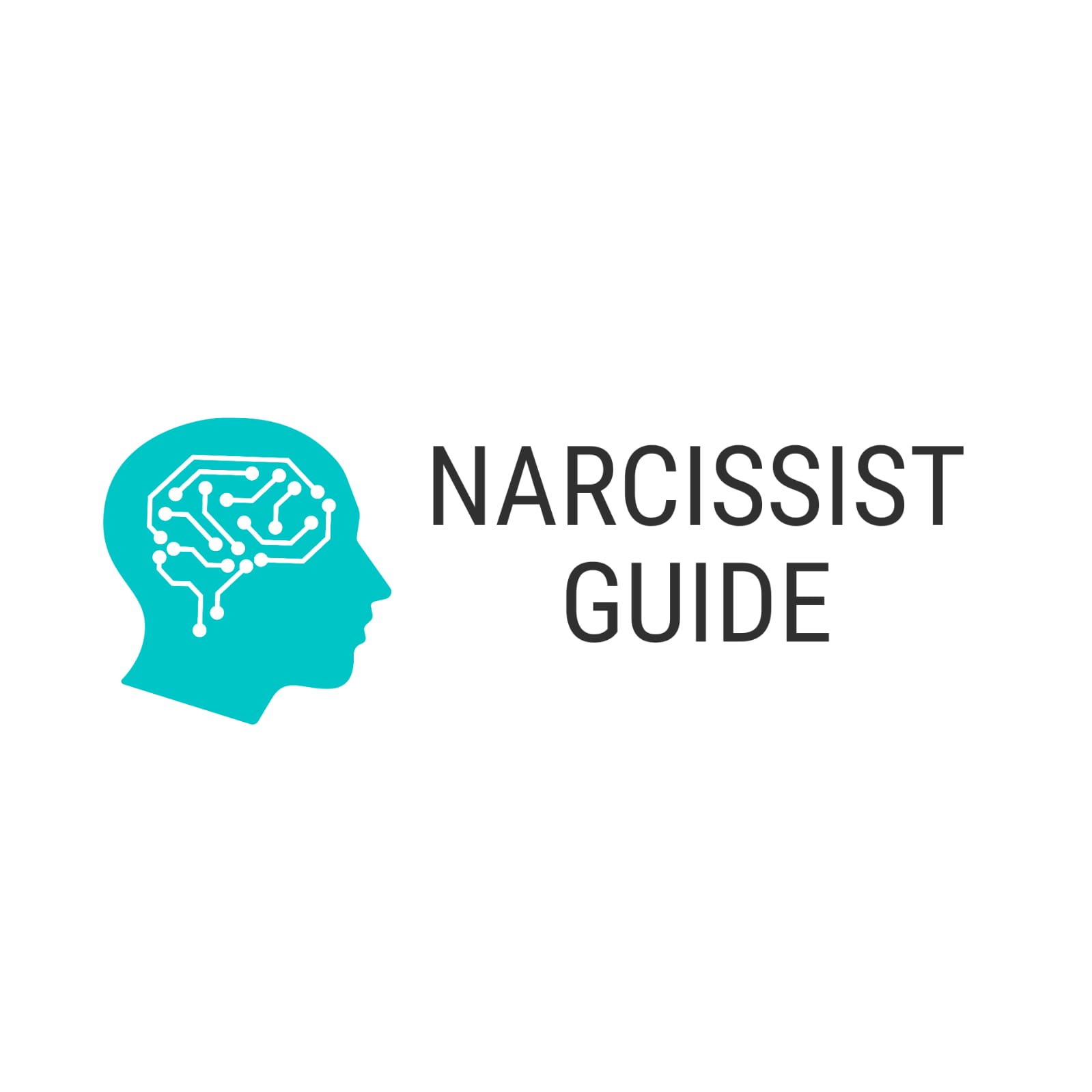Covert Narcissist Husband Quiz: Is Your Partner a Covert Narcissist?
Marriage can be both a source of joy and challenge. But what happens when you feel your partner’s behavior is subtly affecting your well-being?
If you’re wondering whether your husband might be a covert narcissist, you’re not alone. Taking a covert narcissist husband quiz can offer clarity and help you navigate the situation.
In this article, we’ll break down the traits of a covert narcissist, explain how these behaviors manifest in relationships, and guide you through a quiz designed to provide insight.

What Is a Covert Narcissist?
A covert narcissist is someone with narcissistic traits but expresses them in a less obvious or subtle manner.
Unlike the stereotypical narcissist who seeks attention openly, covert narcissists manipulate and assert control through passive-aggressive behavior, guilt-tripping, or playing the victim.
Common Traits of a Covert Narcissist
- Excessive Sensitivity to Criticism
They often take feedback personally and react defensively, even to constructive advice. - Victim Mentality
They frequently portray themselves as misunderstood or mistreated, seeking sympathy from others. - Passive-Aggressive Behavior
Instead of confronting issues directly, they may use indirect ways to express anger or dissatisfaction. - Lack of Empathy
Their ability to understand or care about others’ feelings is limited, often focusing solely on their own emotions.
Why Take a Covert Narcissist Husband Quiz?
Identifying whether your husband exhibits covert narcissistic tendencies is the first step toward understanding your relationship dynamics.
The quiz isn’t meant to diagnose but can provide valuable insights into behaviors that may be affecting your emotional health.
Signs Your Husband Might Be a Covert Narcissist
Before jumping into the quiz, here are some signs to watch for:
- Does he often make you feel guilty even when you’re not at fault?
- Does he avoid direct communication about issues?
- Does he consistently downplay your achievements or needs?
- Does he portray himself as the victim in most situations?
The Covert Narcissist Husband Quiz
Answer the following questions honestly to determine if your husband exhibits traits of covert narcissism.
Section 1: Communication
- Does your husband avoid direct conversations about problems?
- Does he often change the topic when confronted with his behavior?
- Do you feel like you’re “walking on eggshells” during discussions?
Section 2: Emotional Support
- Does your husband minimize your emotions or dismiss your concerns?
- Does he make you feel selfish for voicing your needs?
- Does he often talk about how hard his life is compared to yours?
Section 3: Control and Manipulation
- Does he use guilt to get his way?
- Does he blame you for things out of your control?
- Does he frequently seek validation but rarely reciprocates?
Section 4: Self-Image
- Does he act insecure but refuse help or advice?
- Does he prioritize his feelings over yours?
- Does he secretly crave admiration but dislike public acknowledgment?
Scoring the Quiz
- Mostly Yes: If you answered “yes” to more than half of the questions, your husband may exhibit covert narcissistic tendencies.
- Mixed Results: If your answers were a mix, he may have some traits but not enough to classify as a covert narcissist.
- Mostly No: If you answered “no” to most questions, it’s unlikely that he has covert narcissistic tendencies.
How to Deal with a Covert Narcissist Husband
If the quiz suggests your husband might be a covert narcissist, here are some steps you can take:
1. Educate Yourself
Learn more about covert narcissism and how it impacts relationships.
2. Set Boundaries
Establish clear limits to protect your emotional health.
3. Seek Support
Talk to trusted friends, family, or a therapist for guidance.
4. Encourage Professional Help
If possible, suggest couples counseling or therapy to improve communication and resolve underlying issues.
When to Seek Professional Help
If your husband’s behavior significantly impacts your mental health or safety, seeking professional help is crucial. A therapist can provide tools and strategies to navigate the relationship or decide on the best course of action for your well-being.
People also ask
How do I know if my husband is a covert narcissist?
To determine if your husband is a covert narcissist, watch for these key traits:
Victim Mentality – He often portrays himself as misunderstood or mistreated.
Passive-Aggressive Behavior – He avoids confrontation but uses guilt or silent treatment.
Excessive Sensitivity – He reacts defensively to criticism, even if constructive.
Lack of Empathy – He struggles to understand or prioritize your emotions.
Guilt-Tripping – He makes you feel responsible for your issues or emotions.
What is the root cause of covert narcissism?
The root cause of covert narcissism often stems from a combination of factors, including:
Childhood Trauma – Experiences of neglect, criticism, or excessive pressure during early years.
Low Self-Esteem – A deep sense of inadequacy masked by a need for validation.
Learned Behavior – Growing up in environments where manipulation or self-focus was modeled.
Personality Traits – Inherited traits like sensitivity and introversion can contribute.
What is a covert narcissist expectations?
A covert narcissist has hidden but high expectations, including:
Constant Validation – They crave admiration, even if subtly.
Unquestioned Support – They expect others to prioritize their needs over their own.
Emotional Catering – They want their feelings acknowledged while dismissing yours.
Unspoken Praise – They seek recognition without openly asking for it.
Control – They expect to influence situations and relationships subtly.
What can be mistaken for covert narcissism?
Covert narcissism can be mistaken for:
Introversion – Quiet or reserved behavior may seem similar but lacks manipulative tendencies.
Social Anxiety – Avoidance of attention due to fear, not entitlement.
Depression – Low self-esteem and self-focus caused by sadness rather than narcissism.
Empathy Fatigue – Appearing indifferent due to emotional burnout, not selfishness.
Perfectionism – High standards for themselves without the need for admiration from others.
Final Thoughts
In Conclusion, Understanding your partner’s behavior is an essential step toward building a healthier relationship.
The covert narcissist husband quiz can help you identify subtle behaviors and decide how to address them effectively. Remember, prioritizing your emotional and mental health is not selfish—it’s necessary.
Take the quiz, reflect on your answers, and take action to foster a better future for yourself and your relationship.

I’m Dr. James, and I’m glad you’re here. With years of experience in understanding and addressing the complexities of narcissistic behavior, I’ve dedicated my career to helping individuals navigate the challenging dynamics that come with narcissism, whether it’s in personal relationships, workplaces, or family settings.






